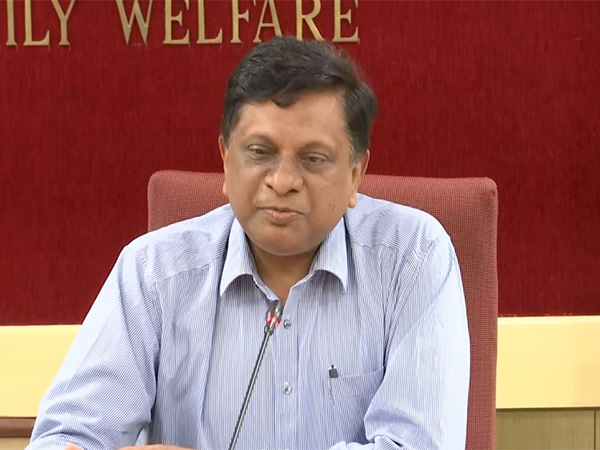The Ministry of Health and Family Welfare, marking International Thalassemia Day on May 8, stressed the importance of timely detection and prevention of the disorder.
Union Heath secretary Apurva Chandra said that there are nearly 1 lakh thalassemia patients in the country, with approximately 10,000 new cases reported annually. He emphasised the urgency for proactive measures, including widespread screening for early detection.
Chandra launched a video made in collaboration with the Indian Association of Pediatrics and Thalassemics India to promote effective prevention methods and optimal treatment for Thalassemia.
The health secretary also advocated for inclusion of compulsory Thalassemia testing in the existing reproductive and child health (RCH) programs under NHM as a means to curtail the prevalence of the disease. He said that while some states have included this in their public health programs and activities, other will be urged to include and expand screening and testing for Thalassemia.
Thalassemia is an inherited blood disorder that causes a body to have less hemoglobin than normal. Observed every year, International Thalassemia Day serves as a crucial platform to emphasize the importance of disease prevention, raise awareness, sensitize stakeholders, promote early detection, and ensure quality care for those affected by thalassemia.
This year’s theme was “Empowering Lives, Embracing Progress: Equitable and Accessible Thalassemia Treatment for All,” which reflected the collective effort towards providing comprehensive Thalassemia care to everyone.














